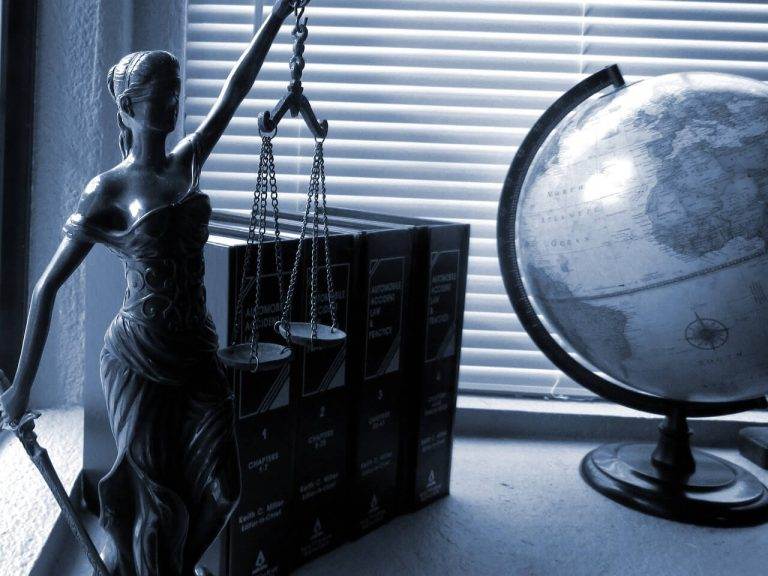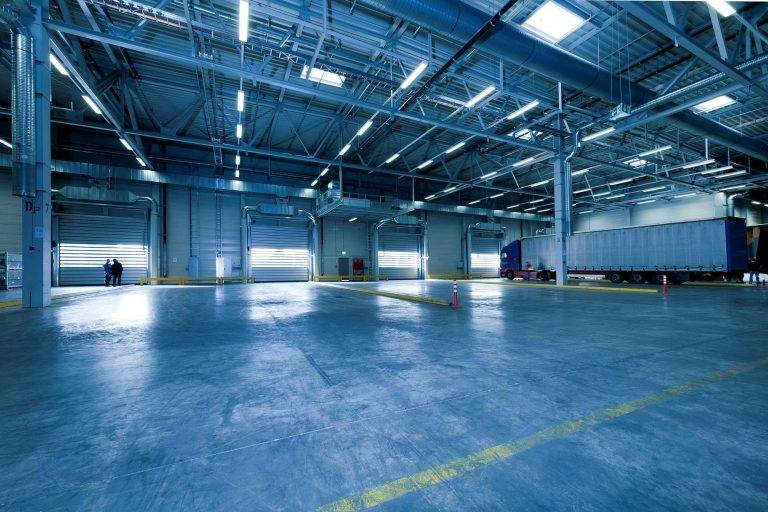Customs and Excise Taxes Cling to the Manager of the Premises
Although directors are generally separate from the company and not liable for its debts unless they have signed surety, there is an important exception. Under the Customs and Excise Act, 91 of 1964, the manager of the premises, not the directors, can be held personally liable for taxes owed by the company. Liquidating a company will not erase these customs and excise tax debts as these taxes cling to the manager of the premises. LIquidation may clear other types of tax liabilities.
Because section 103 specifically holds the manager (and not the directors) of the premises responsible for customs and excise taxes owed, the manager is personally liable for these customs and excise taxes. This means that the personal assets of the manager (and not the directors) could be at risk if the entity they oversee incurs customs or excise debt. This is an unusual situation in South African law, where typically only the company’s assets are at risk. The manager is not liable for any other debt of the company.
For managers in South Africa that operate in sectors that import goods or excise-related industries (such as alcohol, tobacco, and petroleum), Section 103 represents a serious personal financial risk. The liability under this section is not limited to a fine or penalty—it can extend to the full amount of unpaid customs and excise duties.
Manager of the Premises Remain Liable After Liquidation
In the event that a company goes into liquidation, managers are not protected from personal liability under Section 103. While liquidation in South Africa may write off the company’s debts, including other SARS obligations, the manager’s personal liability for customs and excise debts persists. The manager will remain personally liable even after liquidation, meaning the debt will not be discharged along with the company’s liquidation process.
Section 103 of the Customs and Excise Act
It is important to emphasize that liquidation does not provide a clean slate for managers with personal liability under Section 103. Even in cases where a company opts for voluntary liquidation or where the company is liquidated with SARS debt, the manager responsible for customs-related activities will still face personal liability for any unpaid customs and excise duties. This means that after the liquidation of the company in South Africa, SARS can pursue the manager personally to recover any outstanding amounts owed.
If the manager is unable to settle the outstanding customs debt, they may need to consider personal sequestration. This process could potentially discharge their personal liabilities, but it is a drastic step with significant personal and financial consequences.
Hopefully the director of the company will step in (if the manager and the director are not the same person) and hopefully the director is able to pay the debt. This is unfortunately one instance where liquidation will not write of the customs and excise taxes owed by the company.
Seek Assistance Early
Section 103 of the Customs and Excise Act places a unique burden on managers of businesses involved in activities regulated by customs and excise law.
Given the serious nature of this personal liability, managers should seek legal and tax advice early, particularly if their company is experiencing financial distress or heading towards liquidation in South Africa. Ensuring that customs and excise obligations are fulfilled can be the key to avoiding personal financial ruin under Section 103.
By understanding the risks and taking appropriate steps to mitigate them, managers can protect themselves from the potentially devastating consequences of personal liability for customs and excise debt under South African law.



